Blog Posts Tagged Technical Content
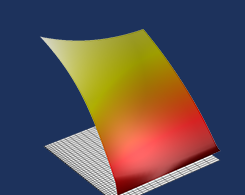
Equation-Based Modeling with a Space-Time Discretization
In COMSOL Multiphysics®, almost any expression in a computational model can be modified. For example, using a space-time discretization can make optimization problems easy and fast to implement.
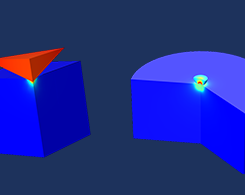
Exploring the Ambiguity of Hardness Numbers with COMSOL®
To help customers easily obtain stress-strain curves from indentation test data, this guest blogger turned to simulation applications and COMSOL Compiler™ — and created a brand new product.
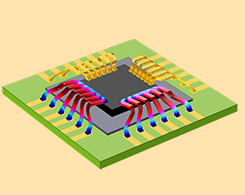
Course: Modeling Joule Heating with Thermal Expansion
Get an overview of the course on Joule heating and thermal expansion. Plus, access supporting material.

Estimating Hyperelastic Material Parameters via a Lap Joint Shear Test
For rubber, polymers, and biological tissue, the relationship between stress and strain is nonlinear, even at small loads. The lap joint shear test can be used to determine material properties.
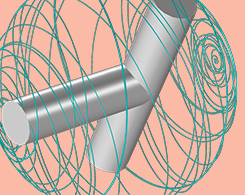
Why Do Tennis Rackets Tumble? The Dzhanibekov Effect Explained…
If you toss a cellphone, tennis racket, wingnut, cereal box, or any object with 3 axes of rotation in the air, it will demonstrate this interesting and unusual effect…

How Do Bicycle Pedals Stay On?
Ever wonder why the left pedal of a bike has left-handed threads and the right pedal has right-handed threads, yet the pedals stay on when riding?
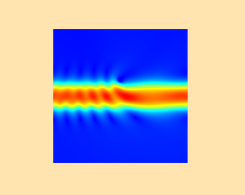
Modeling a Scatterer Near an Optical Waveguide
In the real world, most structures are more complex than a 2D dielectric slab. However, if you’re designing photonic structures, you can learn a lot about wave optics modeling from this example.
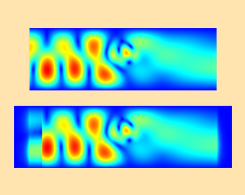
Modeling Waveguides that Support Multiple Modes
2 ways you can model a waveguide that supports multiple modes: add a PML that can be used to absorb any modes, or explicitly add ports for each possible mode.
